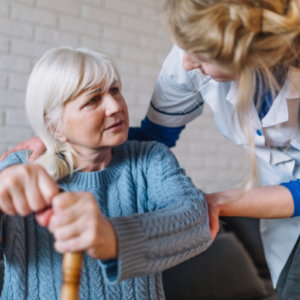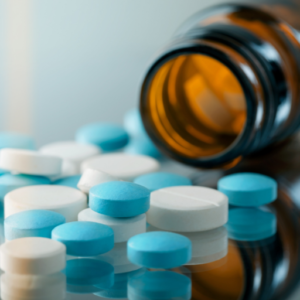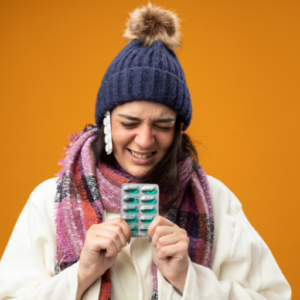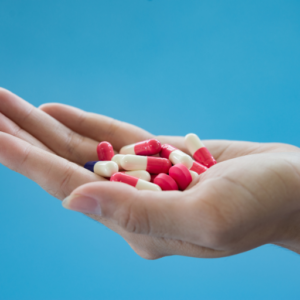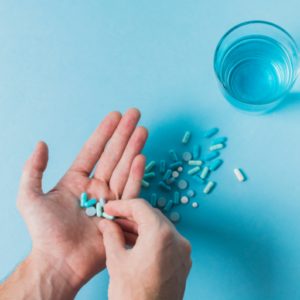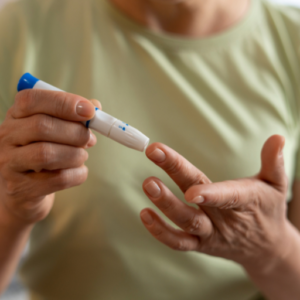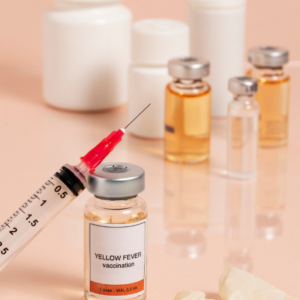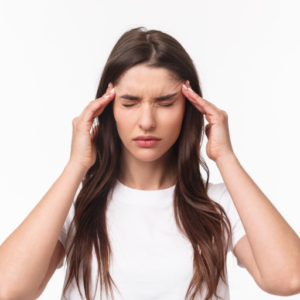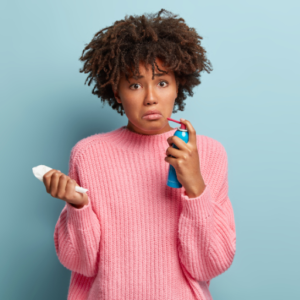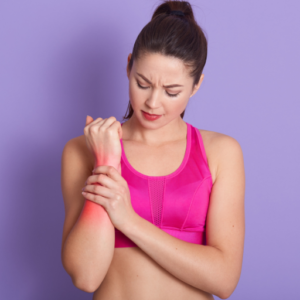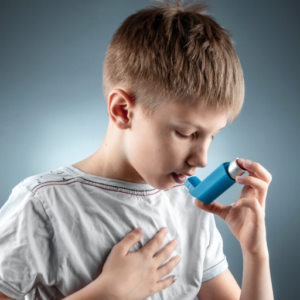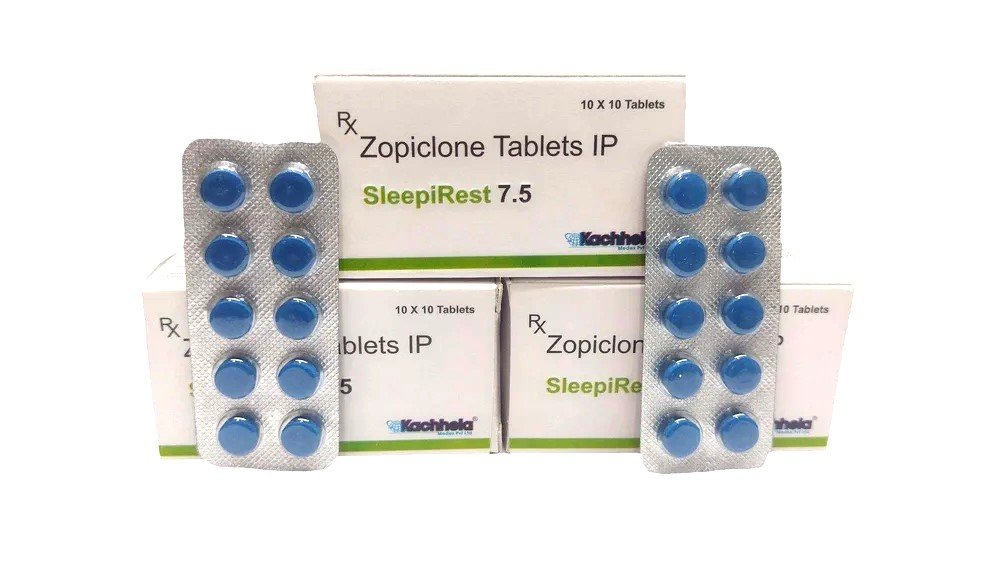SleepiRest 7.5mg
| Package | Per tablet | Savings | Price |
|---|---|---|---|
| 180 tablets | $0.18 | $12.1 | $44.1 $32 |
| 150 tablets | $0.19 | $8.75 | $36.75 $28 |
| 120 tablets | $0.19 | $6.4 | $29.4 $23 |
| 90 tablets | $0.2 | $4.05 | $22.05 $18 |
| 60 tablets | $0.22 | $1.7 | $14.7 $13 |
| 30 tablets | $0.2 | – | $7.35 |
What is this medicine?
SLEEPIREST (Zopiclone 7.5 mg) is a hypnotic medication used to treat short-term insomnia. It helps you fall asleep faster, reduces the number of times you wake up during the night, and increases total sleep time. It is typically prescribed for short-term use (usually 2–4 weeks).
What should I tell my health care provider before I take this medicine?
They need to know if you have any of these conditions:
-
liver or kidney disease
-
respiratory issues like sleep apnea, asthma, or COPD
-
history of mental health disorders (depression, anxiety, psychosis)
-
history of alcohol or drug abuse
-
muscle weakness (myasthenia gravis)
-
previous allergic reactions to zopiclone or similar medications
-
pregnant or trying to get pregnant
-
breast-feeding
How should I use this medicine?
Take this medicine by mouth with a full glass of water, usually once at bedtime. Take it only when you are ready to sleep and can stay in bed for 7 to 8 hours. Do not take more than the prescribed dose.
Do not use this medicine for more than 2–4 weeks unless directed by your doctor.
Do not stop this medicine suddenly without medical advice, especially if you have taken it for a long time.
Overdosage: If you think you have taken too much of this medicine, contact a poison control center or emergency room immediately. Overdose may cause extreme drowsiness, confusion, difficulty breathing, or coma.
What if I miss a dose?
If you miss a dose, skip it. Do not take double or extra doses. Do not take the medicine in the middle of the night unless you can get a full night’s sleep (7–8 hours).
What may interact with this medicine?
-
alcohol
-
other sedatives or sleeping pills
-
antidepressants
-
antipsychotics
-
opioid pain relievers (like morphine, codeine)
-
anti-anxiety medicines (like diazepam, lorazepam)
-
antifungal medications (like ketoconazole)
-
some antibiotics (like erythromycin)
-
antiepileptic drugs (like phenytoin, carbamazepine)
-
rifampicin
This list may not describe all possible interactions. Provide your health care provider with a list of all medicines, supplements, or herbal products you use. Also tell them about alcohol use, smoking, or recreational drug use.
What should I watch for while using this medicine?
-
You may feel drowsy, dizzy, or less alert the next day. Avoid driving or operating machinery until you know how this drug affects you.
-
Avoid alcohol while taking this medicine—it increases drowsiness and risk of dangerous side effects.
-
This medicine can cause sleep behaviors such as sleepwalking, sleep-driving, or eating while not fully awake. Inform your doctor immediately if you experience such effects.
-
Elderly patients are at higher risk of falls and confusion.
-
If you feel depressed, agitated, or have suicidal thoughts, seek help immediately.
-
Do not use for longer than prescribed—prolonged use can lead to dependence or withdrawal symptoms upon stopping.
What side effects may I notice from this medicine?
Serious side effects (report immediately):
-
allergic reactions like rash, itching, swelling of face/lips/tongue/throat
-
memory problems
-
confusion or hallucinations
-
unusual thoughts or behavior
-
difficulty breathing
-
signs of depression worsening
-
aggressive behavior or agitation
Common side effects (usually do not require medical attention):
-
metallic or bitter taste in mouth
-
dry mouth
-
drowsiness
-
dizziness
-
headache
-
upset stomach
This list may not include all possible side effects. Contact your doctor for medical advice about side effects.
Where should I keep my medicine?
Keep out of the reach of children.
Store at room temperature between 20 and 25 degrees C (68 and 77 degrees F). Protect from moisture and light.
Do not use the medicine after the expiration date. Dispose of unused medicine properly, preferably through a medicine take-back program.



